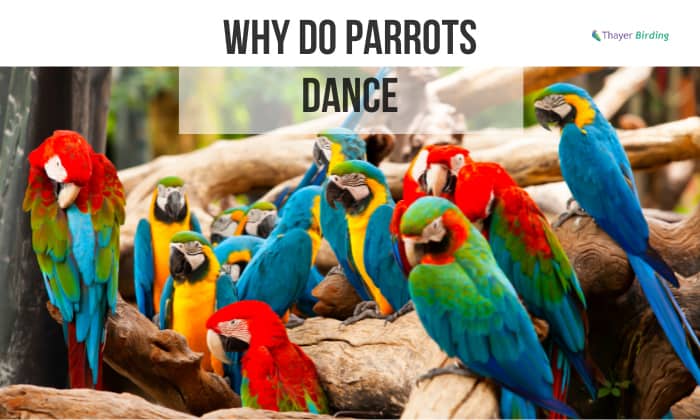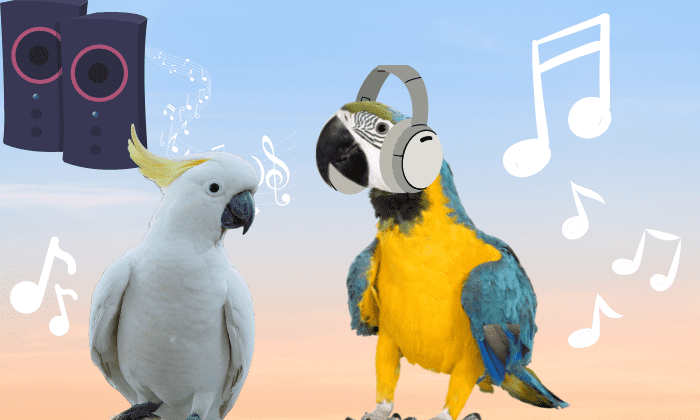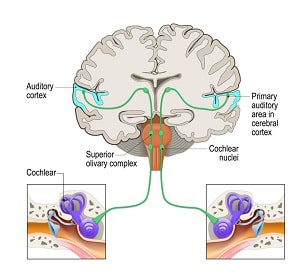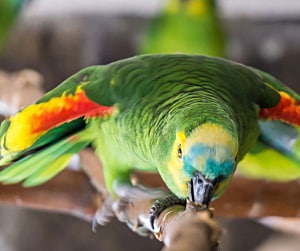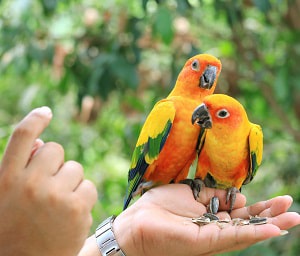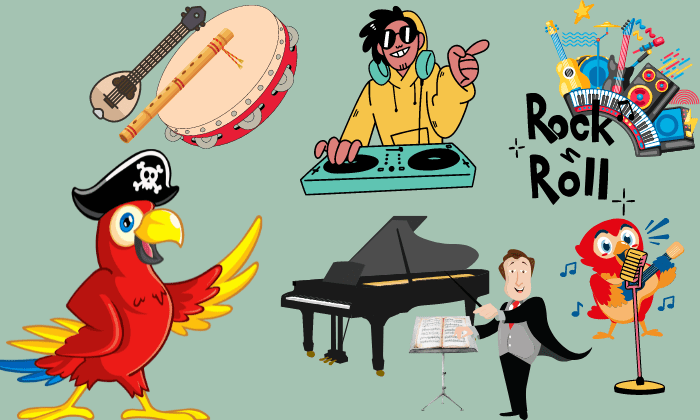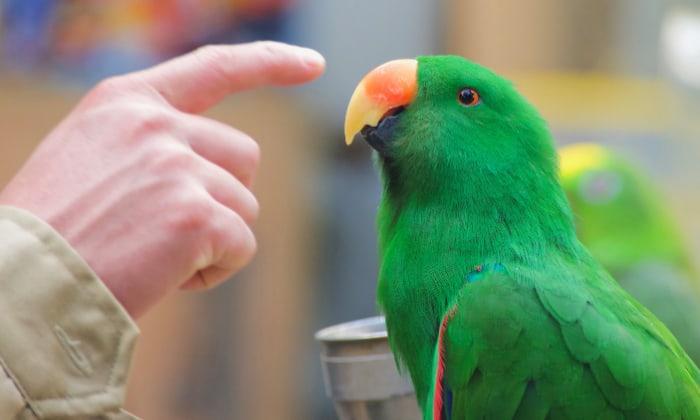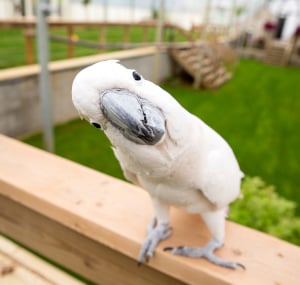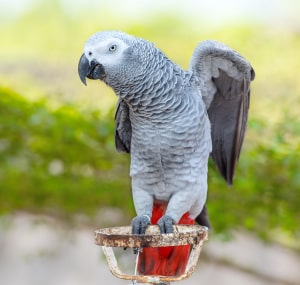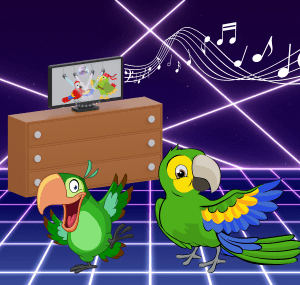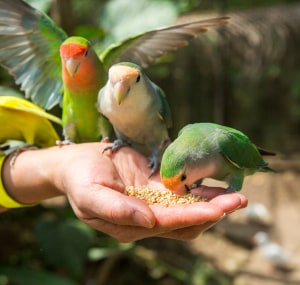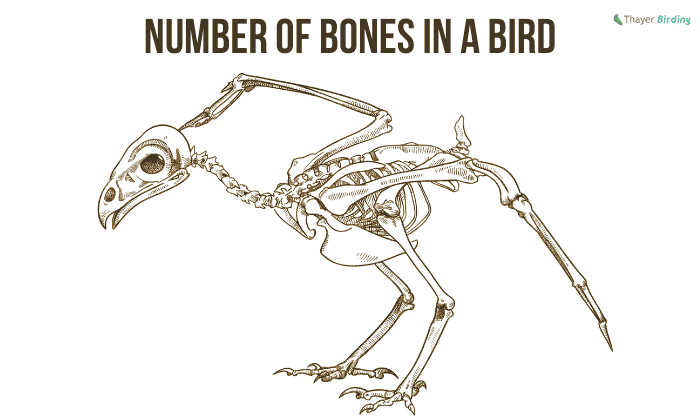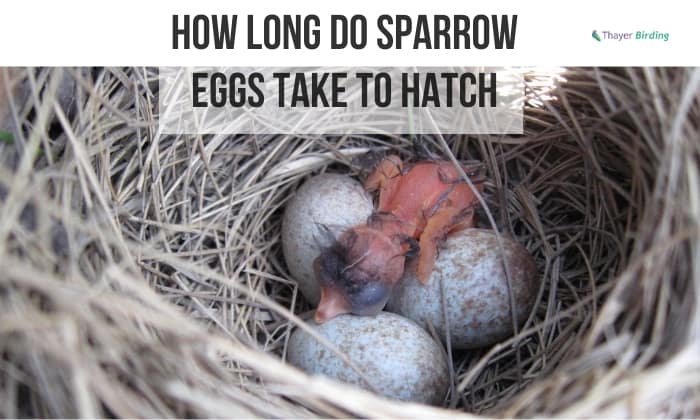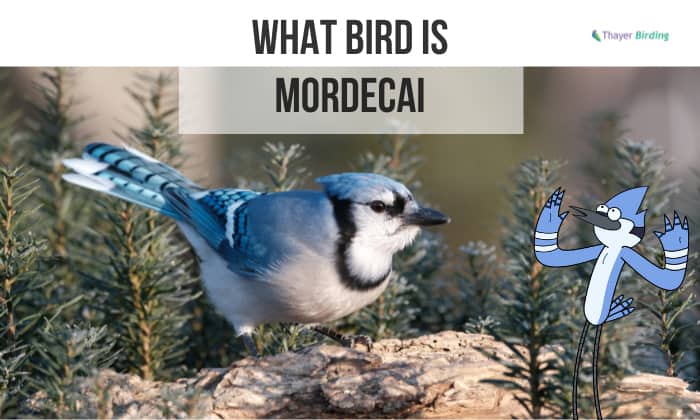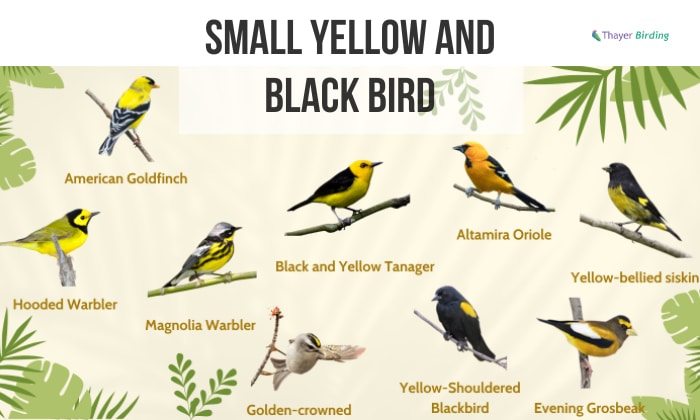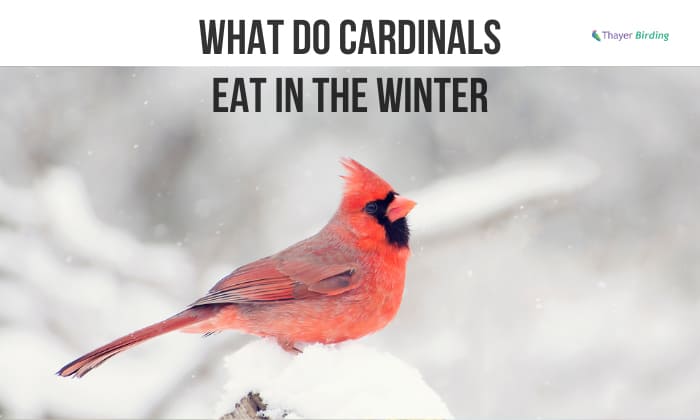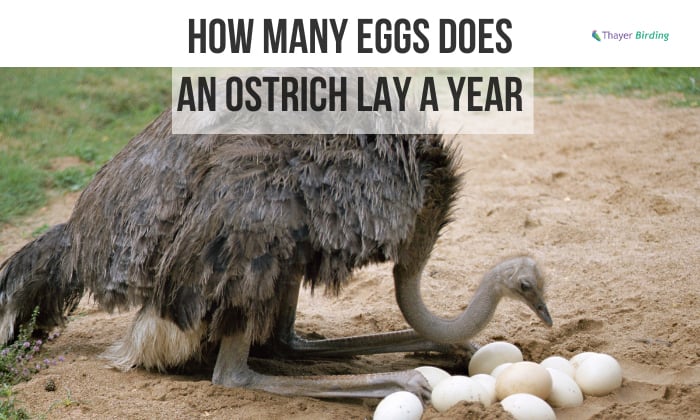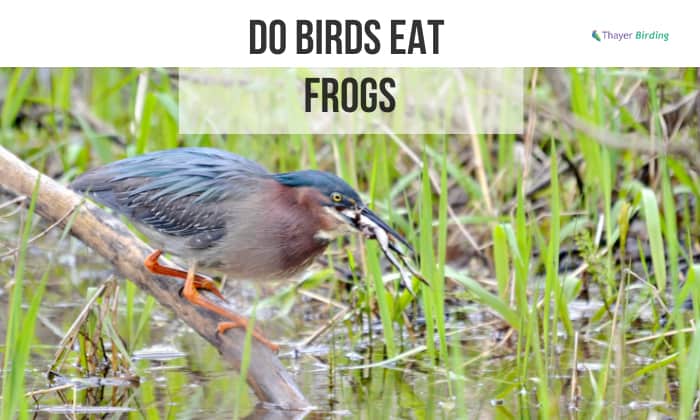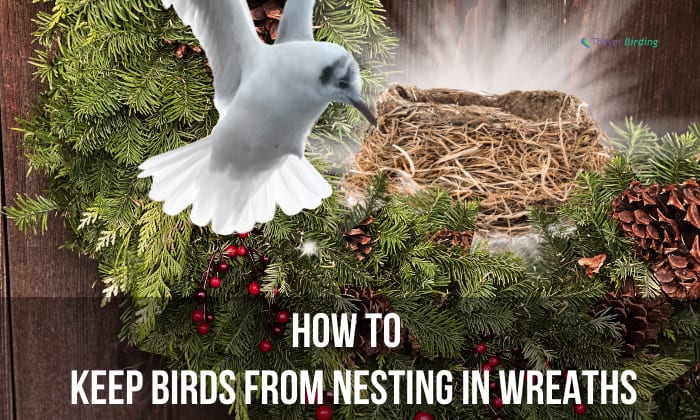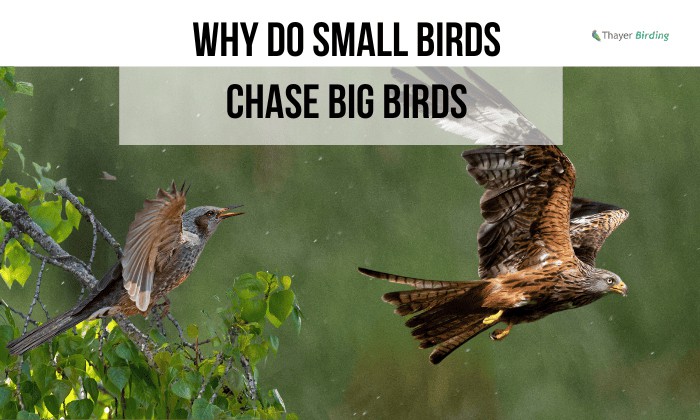Have you seen several cockatoos dance videos and come to ask yourself, why do parrots dance? There are four explanations for this: it is due to the auditory and motor links in their brains, their innate ability to mimic to find a mate, and a result of training.
If you are a parrot owner, seeing the video of the famous parrot snowball dancing is nothing new. But for those unfamiliar with parrots dancing and who have only seen birds dancing in the sky with beautiful formations, it is an exciting thing to learn. So, let’s get started.
Table of Contents
Why Do Parrots Dance
Music can affect human emotions in different ways. Even parrots react to music elements such as harmonies and beats, invoking a series of head bobbing and tapping.
What could be the reason behind their dancing to the music? Do birds like classical music?
1. Auditory and motor links in the brain
Parrots dance to music because they can hear it. The tempo resonates with them, and they will move according to how slow or fast the song is. This proves they can feel the music or the vibrations in the air and react to it by moving their bodies.
The two areas in their brain in charge of auditory sensations and movements are connected. They have evolved with a genome sequence that controls brain development similar to us humans.
In addition, this region in the parrot’s brain allows them to use sounds to communicate with each other, mimic sounds, and determine if they like the music they are hearing.
2. Parrots mimic
Many bird lovers say that if you start dancing to music and your pet parrot is watching, don’t be surprised if they bust some cool moves a few days later.
Parrots are smart birds, and they are excellent at mimicking not only sounds but also movements after careful observation and learning.
However, parrots can still dance even when no one is dancing in the room to show them how. This is because they have an inherent beat perception and synchronization skill to move their bodies upon receiving environmental cues.
As long as the song they hear, they will show you some impressive dancing.
3. Mating dance display
Birds dance to mate, and so do parrots. Your parrot will start acting weird during the mating season. They will entertain you with unique physical displays like bowing down, eye pinning, spitting up, and tail fanning.
This might seem like another dancing trick that calls for some treats, but the change in your parrot’s behavior is to pursue a potential mate.
4. Result of training
Can you teach a love bird dancing? Yes, you can! Some of the dancing parrots you see learned how to dance after being taught how to. Besides, teaching a parrot to dance is easy since they are naturally drawn to rhythmic patterns.
You can train your parrot to dance to the music with good music they love and some treats. The next section has a detailed guide and helpful tips to train your talking bird.
What Kind of Music Do Parrots Like?
With the viral video of a bird dancing to cell phone making people swoon at the adorable bird, many think that any song will make a parrot bob their heads to the music. But that is not the case.
Parrots have musical preferences. Some come to love the songs their owners always play and dance to. A bird dancing to Michael Jackson probably has an owner who loves to listen to Michael Jackson. Besides, birds like rock music!
Other musical genres parrots feel like dancing to are:
- Folk
- Pop
- Classical
- Rock
- Electronic
Parrot loves classical music. But not in an “I want to move my body and dance” way. The calm nature of classical music can make parrots feel calm and relaxed. It will also entice them to clean themselves.
Each bird has a different musical taste. Take the time to figure out what they are into. Play them a variety of songs and see which ones they sway or move along to. If they stay still and squawk at you loudly, it means they don’t like it and you should play something else.
Tips to Teach Parrots to Dance
Do you want your birds to dance to music too? Good news! It is possible to teach a parakeet to dance.
Some parrots tend to dance on their own. With their unique mimicking ability, they’ll be making some amazing and entertaining dance moves in no time. Here are some pointers to get you started.
1. Pick a time:
The best time to train is when the parrot wants your attention.
2. Choose a good song:
What songs does your parrot like? If you don’t know yet, experiment with several upbeat songs and different genres until you find the one they love.
Start with some simple and uncomplicated moves like bobbing your head. You can always teach them advanced moves later, but most parrots figure them out as they go.
3. Show it first:
Be ready to make silly moves. Or show them some videos of parrots dancing.
Maintain eye contact while making some dance moves. Sharing the experience together will motivate them.
4. Encourage it:
Encourage the bird by tapping your feet or clapping your hands to the beat. Vocal encouragement also works wonders.
You can use musical toys and bells to aid in training. Provide your parrot with brightly colored toys that make pleasant sounds. It should also be able to endure aggressive throwing and biting.
5. Make it short and entertaining:
Keep the lesson short. Parrots have short attention spans.
It might tempt you to leave the music on while you do other work, but it would be best to minimize it to one song at a time. Otherwise, you might tire them out, and they will hate the whole experience.
If you notice the parrot is distressed or bored, stop the training. Let them calm down and come back later to try it again.
6. Have fun and be patient:
Give them treats for their attempts, even when they did not perform the moves perfectly.
Be patient and stay positive. The bird will not get it right in the first few tries.
One last note, keep your parrot happy because happy birds dance more!
Conclusion
And that is why do parrots dance! By understanding the reason behind the behavior of birds dancing and singing when they hear music, you can use the information in this article to train your parrot.
Not only will you have a good time watching them dance, but your birds will also get the exercise and mental stimulation they need. Just make sure to choose the right kind of music and be patient. Have you ever trained a parrot to dance before? How was your experience? Share your experience with us!
Read more: How much cost do you need to own a talking parrot?

George and I became friends after a birdwatching trip with our new group. And we have been enjoying every adventure together. When he told me the idea of establishing a site that shares our experiences and fun, I immediately agreed. After trials and errors, here we have Thayerbirding.


